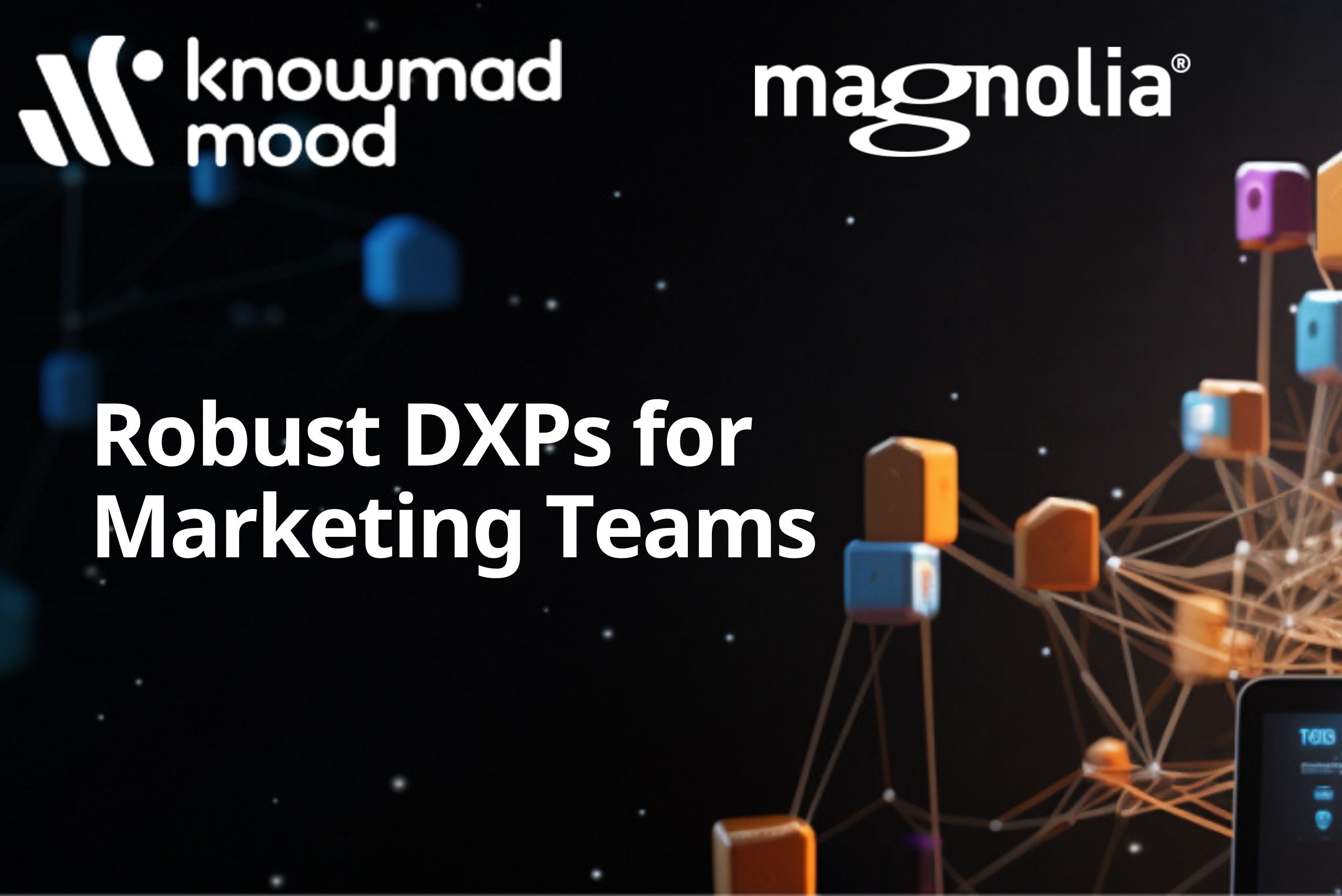
Striking the Right Balance with Composable DXP at Scale
In today’s rapidly evolving digital landscape, marketing teams are tasked with the crucial responsibility of not only capturing their audience’s attention but also delivering seamless experiences across various online touchpoints. To achieve this, organisations turn to Digital Experience Platforms (DXPs) to streamline content creation, deployment, and engagement.
Do these trade-offs resonate?
There are trade-offs that marketing teams must carefully consider and navigate to achieve optimal results.
- Balancing Increased Costs, Time, and ROI
- Struggling with Inefficient Workflows and IT bottlenecks
- The Quest for a Unified Publishing Approach
- Navigating Marketing Capabilities and Complexity
- Juggling Multiple Systems and Interfaces
- Niche Codebase and Resource Bottlenecks
- Battling Duplications and Manual Practices
- Pursuing Integration Capability
Marketing teams should be aiming for rich native features and one DXP that allows for smooth integration with their existing tech stack.
Scaling for Growth
As organisations expand their digital footprint, the ability to scale becomes paramount. Marketing teams must assess whether their chosen DXP or CMS can handle the demands of managing multiple sites, brands, and regions. A lack of scalability could result in limitations that hinder growth potential.
Robust DXPs for Marketing Teams
Managing a consistent online presence across various channels and devices is a top priority for marketing teams. However, the lack of a unified approach to publishing and previewing content can lead to discrepancies in the user experience. An effective DXP or CMS should provide robust tools for previewing content across different contexts, ensuring a seamless and coherent digital journey for users.
Successful implementation requires not only the right technology but also a clear understanding of the organisational processes, workflows, customer expectations and professional team accompanying throught this digital joruney. Marketing teams should collaborate closely with IT, developers, and other relevant stakeholders to ensure a smooth transition, effective utilisation of features, and continuous improvement.
Finding a DXP or CMS solution that aligns with the organisation’s strategic vision, while also catering to the evolving needs of both marketers and customers.
The journey towards delivering exceptional digital experiences
Marketing teams must evaluate their organisation’s specific needs and goals, considering factors such as costs, efficiency, scalability, and integration capabilities. While these platforms offer a wealth of tools to enhance engagement and customer experiences, it’s crucial to strike the right balance between complexity and usability.
At knowmad mood, our 30+ years of IT consulting expertise have consistently delivered proven results and outstanding business cases. With a team of over 2500 highly skilled professionals, we bring unparalleled transparency, unwavering commitment, and uncompromising quality to every project we undertake, from the strategy to the implementation and maintenance.

